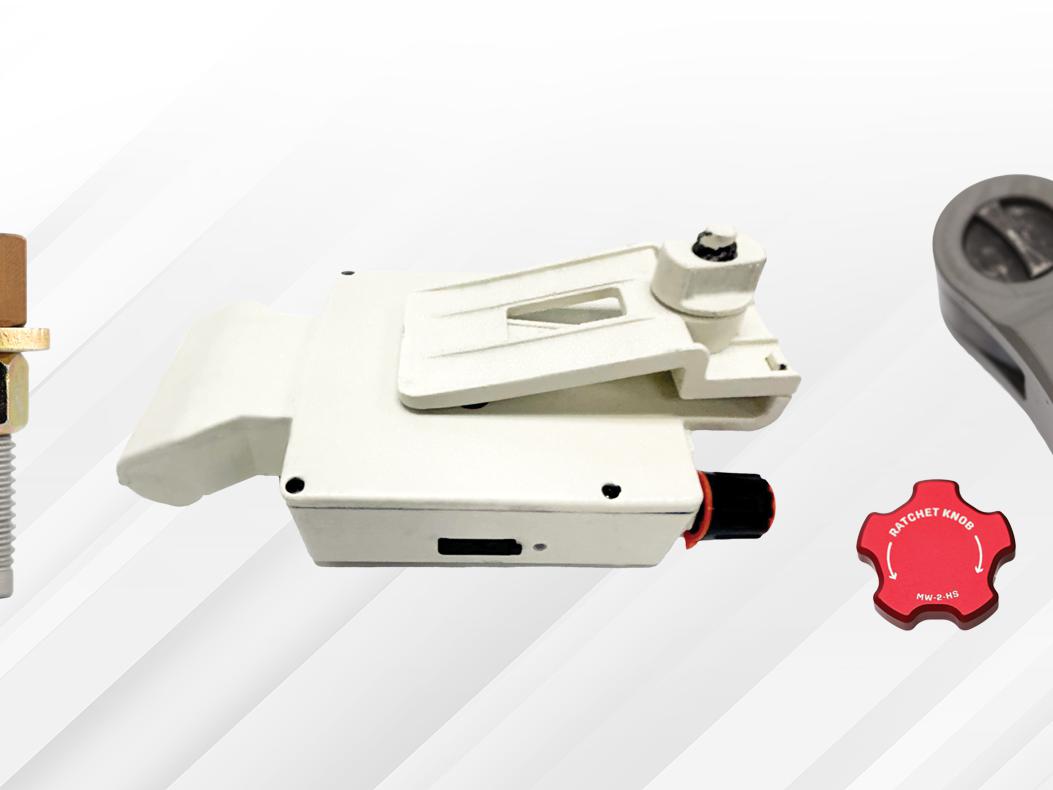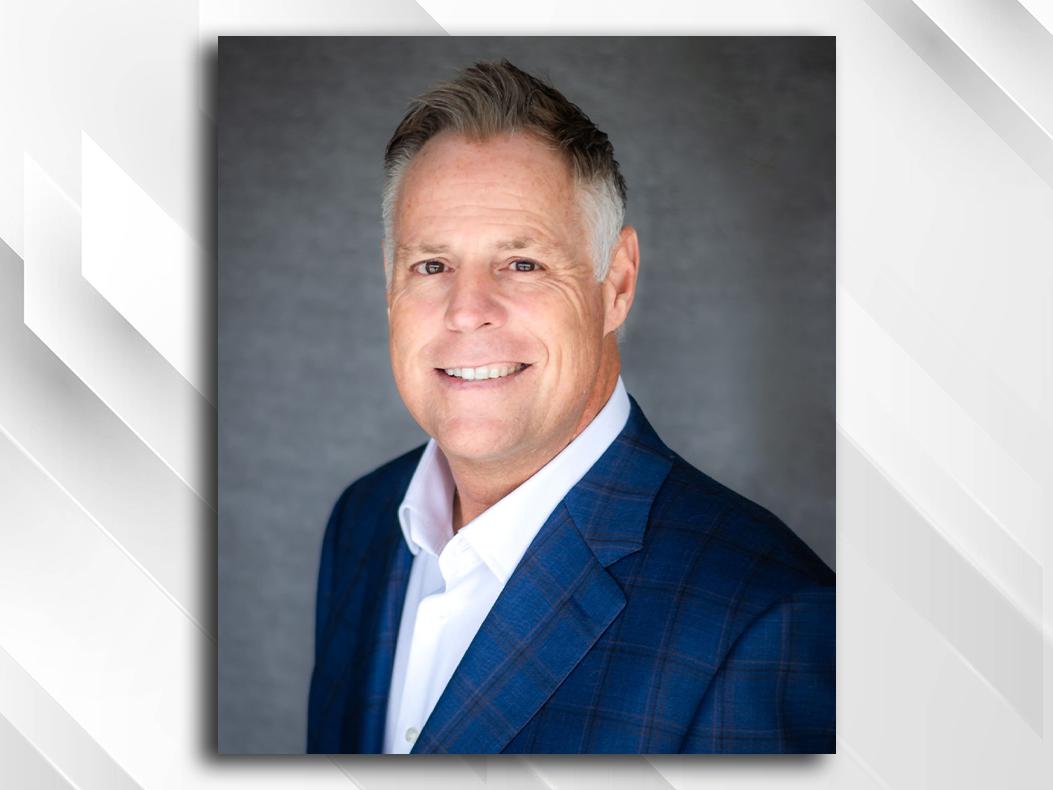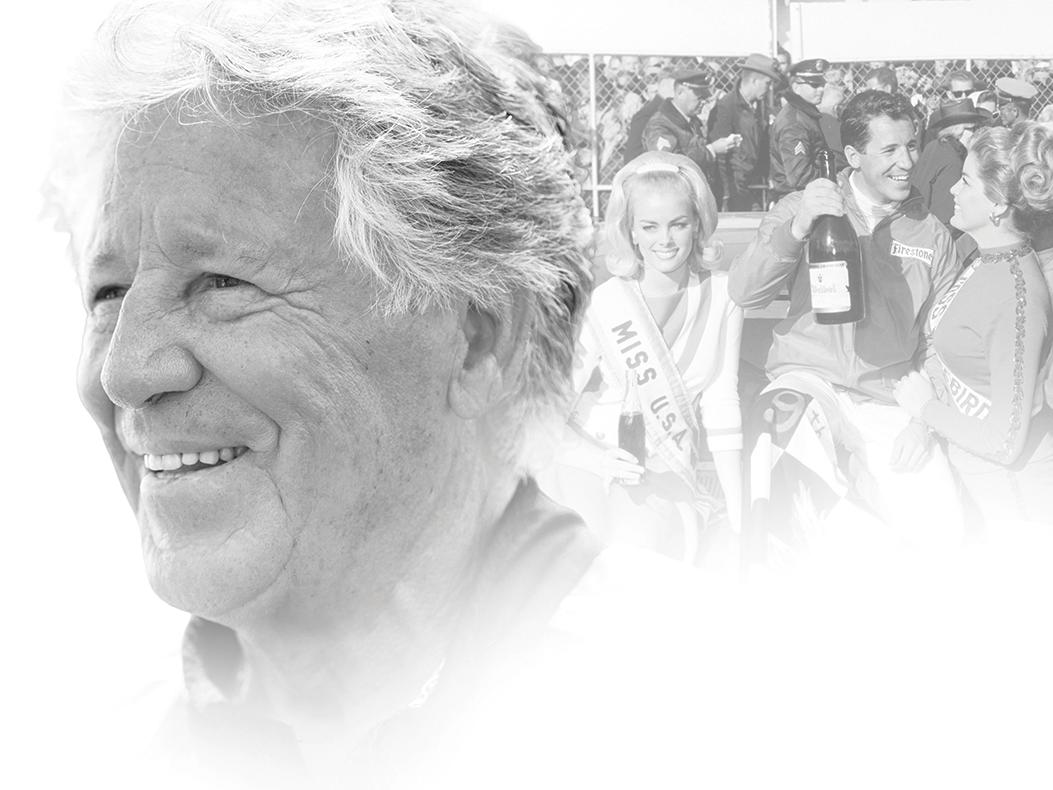Newly Appointed: Jim Liaw

The driving force behind Formula Drift embraces his new role as General Manager of the world’s premier events and media company for motorsports professionals, Performance Racing Industry.
Jim Liaw’s passion for performance was born from an early fascination with cars—not unlike countless young auto enthusiasts coming of age in 1980s Southern California.
But it wasn’t until a visit to one of IndyCar’s signature events, the Grand Prix of Long Beach, in the late 1990s that the foundation for Liaw’s future would take root, one that would ultimately catapult him to the forefront of a motorsports phenomenon.
Liaw recalled that spring afternoon: “As I’m walking around [the Grand Prix] I start thinking, ‘This is really cool—I wonder how they go about organizing an event like this. How do they decide who gets badges, and who gets to go where? How could I become a part of this?’ I think that may have been the early perspective.”
Fast-forward a few years, and with stints at McMullen Argus Publishing (what is today Motor Trend Group) and Import Drag Racing Circuit—not to mention multiple SEMA Shows, races, and enthusiast events—now under his belt, Liaw’s mission took on renewed focus. And a defined plan began to form.
Inspired by the burgeoning import scene, in summer 2003 Liaw and business partner Ryan Sage staged a drifting exhibition at California’s Irwindale Speedway. The response was overwhelming—packing grandstands and the surrounding parking areas—and the pair quickly launched Formula Drift in order to continue the momentum. The rest is motorsports history.
Liaw now embarks on a new chapter of his distinguished career, having recently been named General Manager at Performance Racing Industry. As PRI prepares to welcome the racing industry back to Indianapolis for our annual Trade Show, we sat down with the new GM to discuss opportunities, challenges, guiding principles, and the road ahead.
PRI: Why is this position a good fit for you? And why are you a great fit for PRI?
Liaw: There’s obviously a personal interest. PRI covers the full gamut of racing. And I love motorsports and being able to touch all the different sectors and genres. So, it was really appealing in that respect. I also think, pragmatically speaking, and maybe it’s a little cliché, but I’ve always been a fan first, and so always having that type of perspective of, I’m an end user, I’m a ticket holder, so what do I want from an event, and what do I want from the industry? Thinking about it from that standpoint, how do we service that end user?
Also, looking back [at Formula Drift], we were really bootstrapping it in the very beginning, and so I can relate or be empathetic to a lot of small business owners and smaller event organizers and the struggles they go through. And if a small entity like Formula Drift was able to bootstrap it and think outside the box and be creative and be able to get to this stage, with the footprint it now has nationally and globally…. I’m only imagining if I had the expanded resources of PRI and the team here, and being able to take some of that scrappy, fighting, outside-the-box kind of thinking, and bring that into an environment like this.
It’s a matter of how I can contribute to that. Because obviously [PRI] is a well-oiled machine, and as we know the PRI Show has been around for a long time. So, I think just bringing a fresh perspective, access to a lot of newer genres, like drifting for example, and hopefully bringing that to the industry as a whole.
PRI: What are some other strengths you’ll bring to this team in the context of benefiting PRI and the motorsports community?
Liaw: I’d like to think my strong points are in brand building, and in building an emotional connection. Not just branding and marketing in the sense of metrics, though, but really being able to tell a bigger story. Racing and motorsports is organically and naturally really compelling. There are so many stories, beyond just the driver, that can be told—there are layers of businesses and people that service and participate in this industry. There’s a lot there to tell, and because of that, things like depth of emotion…I think that builds on what we’re doing going forward in terms of building membership and advocacy. And really using that, again, that depth of emotion, that passion, to bring everybody together for a unified cause.
Also, adaptability. Being able to look at new opportunities, new trends—being able to pivot and adapt where we need to, but of course without sacrificing the roots of what’s important.
Going off on a sidebar here, one thing that I studied in college was history; I’m also personally passionate about history. I love it. And that’s such a big part of what racing is about—that rich history. So, I’d never want to water that down or forget about it or dismiss it, but rather use that as a foundation while also finding new, emerging trends to add to it.
PRI: So, you’re basically synonymous with Formula Drift. Now that you’re at PRI, what’s going to be your involvement with the series moving forward? I know people are curious. Can you talk about that?
Liaw: I’m still going to be on the [Formula Drift] Board of Directors, and I can give input from a larger, strategic level. Because I was involved in so many facets of running the series—those are lifelong friends that are there—so I can still provide solicited or unsolicited input. Because whether it’s them or any other series, we want them to be fruitful. And now, in this role, we want them to succeed from an overall industry standpoint. So, personally and professionally, I want them to continue to thrive.
PRI: What are you most looking forward to in your new role here at PRI?
Liaw: It’s probably a broad answer, but [affecting] positive change. We’ve got a Show that has legacy, that’s been around for decades and has served the industry well. So, not changing it, but rather enhancing it to the point where we can say it was very good, but now it’s even better. And, again, being able to bring that enthusiasm, to work with and touch different sectors of racing. It’s also leveraging the support and the resources that are here at PRI and SEMA; to be able to facilitate growth and enhance PRI, and the industry, in different ways.
PRI: Short-term, say over the next several months, what do you see as maybe the one or two biggest challenges in front of you?
Liaw: Obviously, the ball is rolling in terms of the RPM Act. I think that’s one pillar, one priority—to make sure that businesses that service racers, whether they’re weekend warriors or full-time professionals, that those businesses that support or rely on racing can continue to do business, and racers can continue to go racing.
The second would be to make sure there are enough places to go racing. If we protect racers’ ability to go racing, but they have nowhere to go, it doesn’t make any sense, right? So, we need to also protect those places where we can go racing. Too many race tracks in recent years have gone away because of development, or governmental pressure or policies, and that’s not good at all.
The third would be that these venues serve as not just an outlet for people that are already in racing, but for bringing new people, young people especially, to the race track to get them off the streets. So it serves not just a commercial purpose, but a community purpose as well.
I think we can also do a better job at promoting the positive aspects of the industry, things like career opportunities and STEM education. We need to communicate that getting into racing isn’t just about being a race car driver or a mechanic—that there are so many other facets, from content creators and media folks and PR people to even those building websites. Almost anyone is able to find a career in this industry; this can happen for those with a passion for racing, without having to be a racer.

PRI: Looking back, what has been your most gratifying professional accomplishment thus far?
Liaw: It’s not one thing—it’s not a sponsor that we got or a sold-out venue type of thing. When I was able to take a step back, I think what I’ve found really gratifying has been helping to add new participants to the sport—being able to say that I helped create opportunity for them. And that comes in a lot of different ways. But I think creating opportunity, where you’ve got an established business that is building race cars and servicing customers, and giving them the opportunity to travel the country and even parts of the world. For someone like that to say, “Thanks for the opportunity, because otherwise I would still be stuck in some cubicle somewhere. But I am out here racing, building race cars, traveling to race tracks, doing things that I love, and realizing that I can make a career out of this.”
PRI: What do you enjoy doing when you’re not at the race track or working an event?
Liaw: Well, my work is actually a big part of it. I do love being at an event, at a track, so it’s almost as much of a personal passion. It is a professional passion, too, of course. But I don’t have hobbies like playing golf or anything like that. I’m not doing carpentry work on the weekends (laughs).
For me, it’s being trackside, but it’s also about my home life. I do try to find as much balance in that downtime to just be with my family. That said, I guess you could say traveling is somewhat of a luxurious hobby.
I do also love history and culture, so I like traveling to different places and seeing different things. And I enjoy reading and learning about it prior to going. My kids have been really fortunate to be able to go and see a lot of different places. [Editor’s note: Jim is married with two kids, ages 9 and 12.] That’s what the extra time and budget goes toward.
PRI: Beyond your passion for motorsports, what is something that people don’t know about you that helps define who you are as an individual. Maybe it’s the appreciation for history and the genesis of things, as you just mentioned. Would that be accurate?
Liaw: I think so. I think there’s quite a direct correlation, right? As much as I would enjoy learning about, for example, turn-of-the-century Los Angeles, I enjoy learning about the early days of Formula One, or the history of Wally Parks and the early days of drag racing and the NHRA. And it just goes from there, into symbolic race tracks like Spa, or visiting Indianapolis Motor Speedway, when I was there for the first time, and they had recently repaved it, so I was able to buy a little piece of asphalt from the merchandise store, to say this was the old pavement. Things like that…I really love stuff like that.
PRI: Past or present, who inspires you and why?
Liaw: That’s a tough one. Not to be cynical, but…I would say there’s a lot of people along the way that did really great things, or changed the world or the shape of things. But I don’t know if I’ve ever really been drawn to someone where it’s like this person is my hero, or icon—you know, poster-on-the-wall type of thing (laughs).
I don’t know if there’s one person, but maybe I would take positives from a wide variety of people. I could talk about my dad, where I can talk about respect for what he accomplished and draw inspiration from his story.
He had a thriving business back in Taiwan. He had his career, his family, his friends, everybody was there. It was a place he knew. But for some reason he felt like he needed to pick us up and immigrate here, to Southern California. I was six years old at the time.
Just seeing that tenacity, that willingness to start over and do everything again from scratch. He built up his own business here—multiple businesses, actually—and kept them going for two decades before he retired. Just seeing that grit to put ego aside for maybe something better. So, I would draw on that, I think, more than anything else.
PRI: Is there a valuable piece of advice, or a lesson you picked up along the way that has served you well through the years?
Liaw: It’s funny you ask that. There’s something my calculus teacher in high school did, and we all thought it was kind of silly at the time, but he always said that later on in life it would click, and it was this: Whenever we turned in our homework, he made us write the word “integrity” at the top of the page, and then he had us sign our name underneath it.
Probably throughout [high school] and then college, I never thought much of it…. It wasn’t until I started working that it really began to resonate. You start thinking, “You’re right, you know, that makes sense—the things you do, you do with a kind of transparency, and with integrity.” And especially in this industry, where it’s a small community and you’re going to cross paths with people all the time. You just want to make sure you’re always being honest and acting with integrity.
PRI: Professionally or personally, are there any areas you think you could improve on, or that you want to continue developing?
Liaw: I think it’s more of the little things that lead to big things. I still have a lot to improve on in terms of time management, both professionally and personally. I think there could be more efficiency overall—being able to spend time with the family, being able to maintain your health, being able to get more work done, being able to get rest so you’re not breaking down. I think I could do better with things like that.
Then, as that gets better your personal life gets better, professional life gets better, work quality gets better. Granted, sometimes I still fall into the guilty pleasures of getting stuck on Netflix and things like that. That doesn’t help (laughing).
PRI: Last question: Besides your cellphone, what’s something you can’t live without…or something you’d really miss if you had to go without it.
Liaw: That’s interesting. Well, it may sound like a weird answer, but I really enjoy spending time with my family. I think back to 2020, and that was probably the biggest highlight—my wife and I talk about that all the time—that no matter what kind of craziness is going on around us, with the pandemic or whatever, our family is like a team, a really tight unit. Even if nobody else is around, and it’s just the four of us, we’re enjoying that time together. If we had to live in, you know, a hut versus our house or something, well, so be it. As long as we’re together, that’s really all that matters.
Jim Liaw
Title: General Manager
Organization: Performance Racing Industry (PRI)
Hometown: Huntington Beach, California
Fast Fact:
Jim Liaw almost became an architect. He was accepted at a handful of universities and colleges—among them, Cal Poly Pomona’s architectural program—but he ended up choosing UCLA (for economics) instead.
 MEMBERSHIP LOGIN
MEMBERSHIP LOGIN JOIN PRI
JOIN PRI


